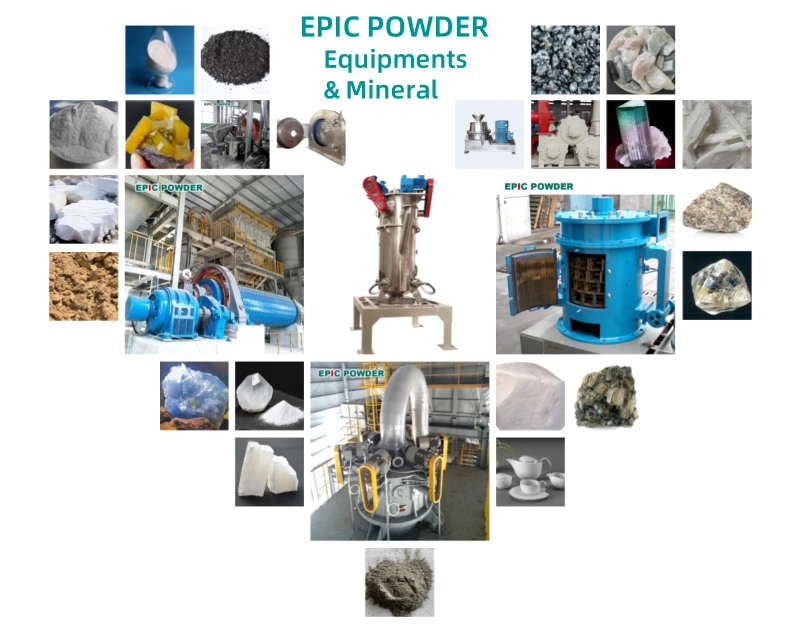The first step in mineral processing is to remove impurities and improve product purity. The second step is to reduce the particle size of the product to varying degrees. Currently, mineral crushing, grinding, and classifying technologies and equipment have reached a new level, both domestically and internationally. These advancements can meet the application needs of most raw materials across various industries. This includes non-metallic minerals, cement, ceramics, chemicals, coal powder, metal minerals, tailings, and solid waste.
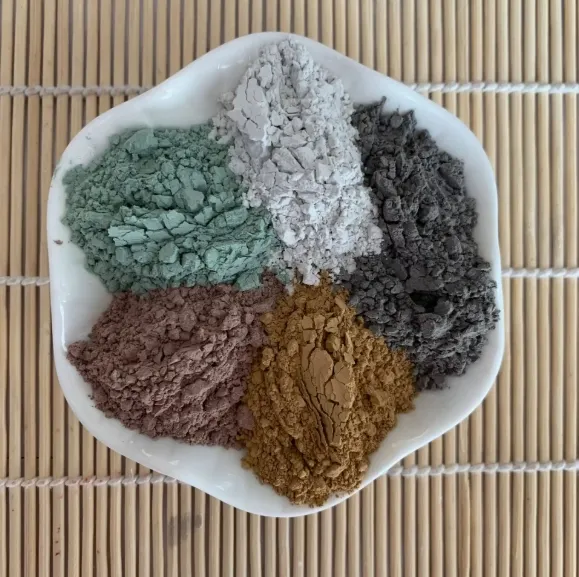
Calcium Carbonate Mineral Grinding
At present, the production of heavy calcium carbonate is mainly based on grinding and surface modification. The dry process is generally used to produce heavy calcium carbonate products with d97≥3-5μm. The main grinding equipment includes Raymond mill, impact mill, dry stirring mill, air flow mill, vertical mill, ring roller mill, vibration mill and ball mill, etc.
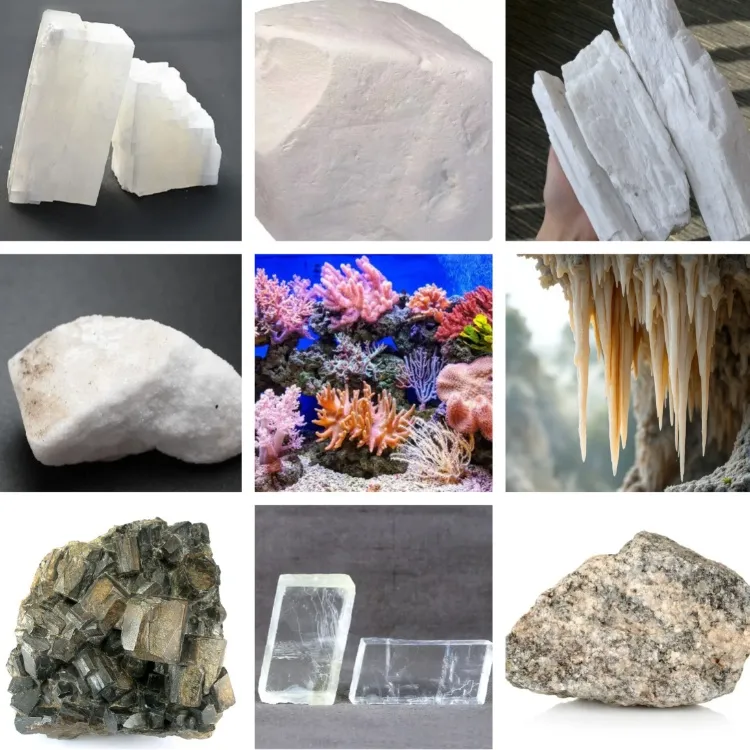
Quartz Mineral Grinding
Quartz is hard and wear-resistant. Especially when fine grinding is required, it is difficult to obtain a powder product of ideal fineness simply by relying on the grinding effect of the medium. Therefore, a certain amount of grinding aid is often added during the quartz grinding process to improve the grinding effect.
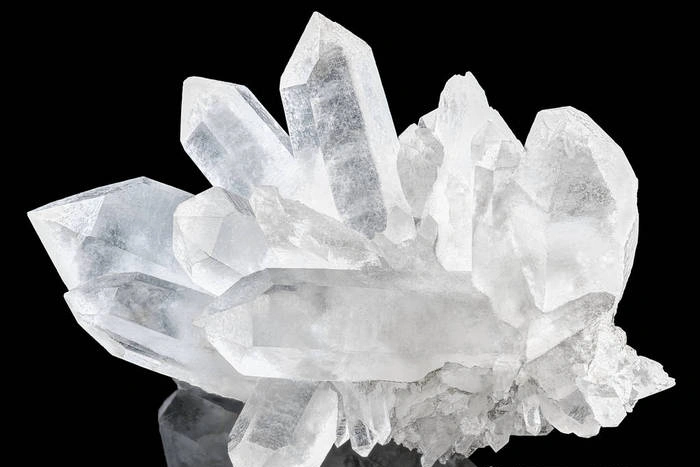
Silica Powder
The production of silicon micropowder is mainly based on physical pulverization, which can be divided into dry process and wet process. The dry process is simple and has low production cost. Generally, silicon micropowder production companies choose this process. For products with a cut point (large particle cutting point) below 5 microns and requiring surface treatment, the wet process is more suitable.
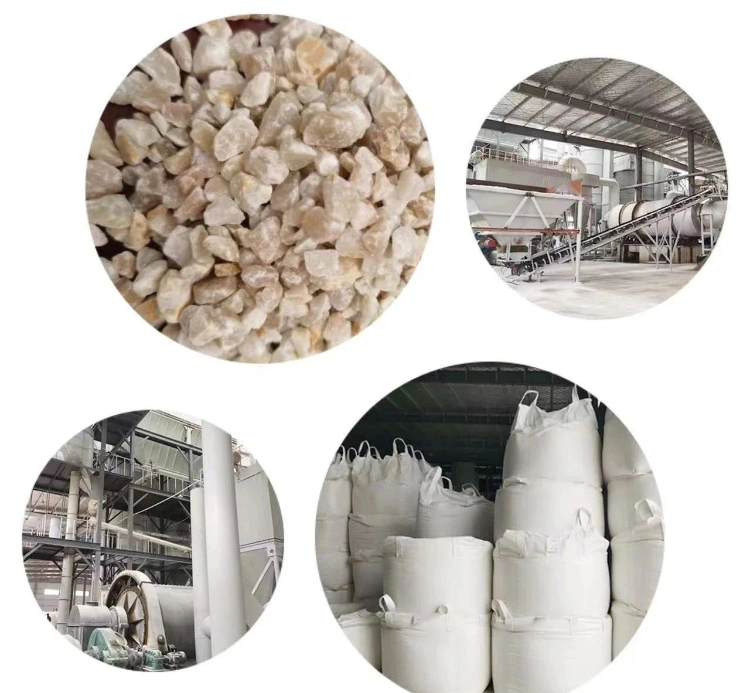
Dolomite
Dolomite has a layered structure and a hardness of 3.5-4. Jaw crushers, hammer crushers and impact crushers are generally used to crush the ore. After screening and grading, dolomite particles of a certain size are obtained. Fine crushing and grinding are often carried out by roller presses, hammer mills, stirred mills and air jet mills.
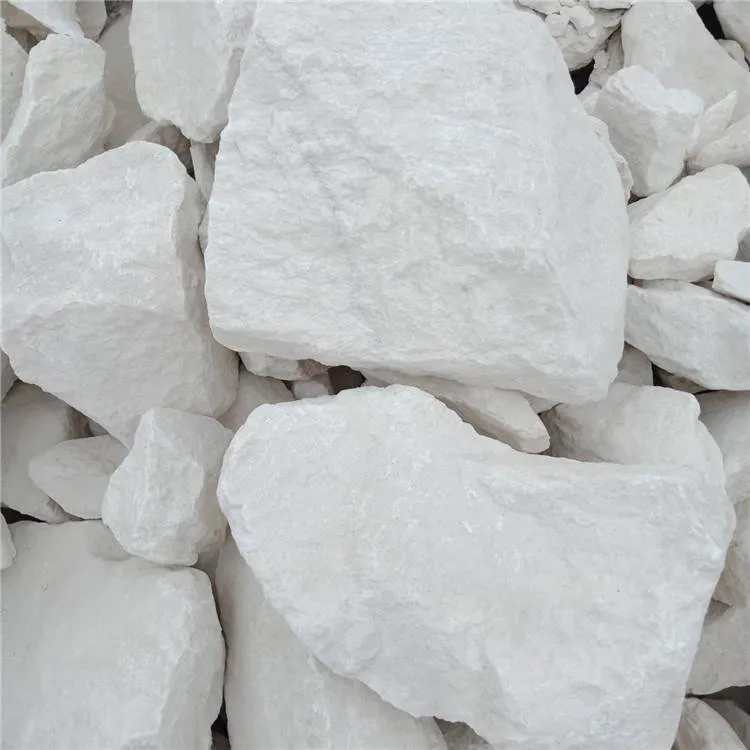
Ceramic Raw Materials
At present, the preparation of raw materials in ceramic enterprises basically adopts ball milling process. Typical processes include intermittent mill + intermittent mill, intermittent ball mill + continuous ball mill, vertical mill + intermittent mill or vertical mill + continuous mill, etc.
Cement
At present, most cement plants use a combined grinding system consisting of a roller press and a ball mill for production. The cement grinding system consisting of a roller press and a ball mill has three forms: a pre-grinding system, a combined grinding system, and a semi-final (double-circle flow) grinding system. The choice of process flow mainly depends on the relative size of the roller press and the ball mill.
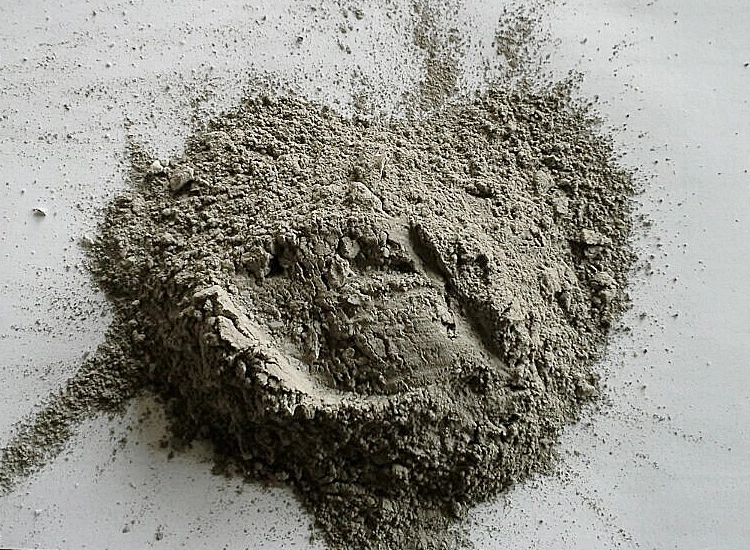
Limestone Mineral Grinding
Limestone is the main raw material for producing cement, concrete coarse and fine aggregates, lime, etc. Its crushing and grinding generally adopt dry process, and the corresponding process is selected according to different application fields.
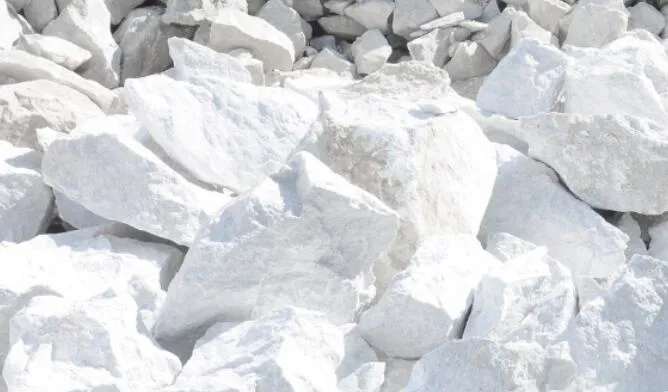
Fly Ash
The particle size and morphology of fly ash determine its application performance. Selecting the appropriate grinding process is crucial. This depends on the physical and chemical properties of fly ash and the fineness requirements of the finished product. It is an important step in determining the economic value and processing cost of the ground ash.
Steel Slag
Steel slag is an industrial solid waste produced by converter steelmaking and electric arc furnace steelmaking. The main components are calcium silicate and calcium ferrite. Grinding steel slag for use as a cement or concrete admixture is an important method for achieving high added value from steel slag.

Slag
Blast furnace slag is a by-product discharged during the blast furnace ironmaking process. It has high potential activity. After being ground to a certain fineness, it can replace cement in concrete in equal amounts and produce green synthetic cement. It can not only be used to prepare ordinary concrete, but also is one of the most commonly used mineral fine admixtures in high-performance concrete.
Epic Powder
Epic Powder, 20+ years of work experience in the ultrafine powder industry. Actively promote the future development of ultra-fine powder, focusing on crushing, grinding, classifying and modification process of ultra-fine powder. Contact us for a free consultation and customized solutions! Our expert team is dedicated to providing high-quality products and services to maximize the value of your powder processing. Epic Powder—Your Trusted Powder Processing Expert !
